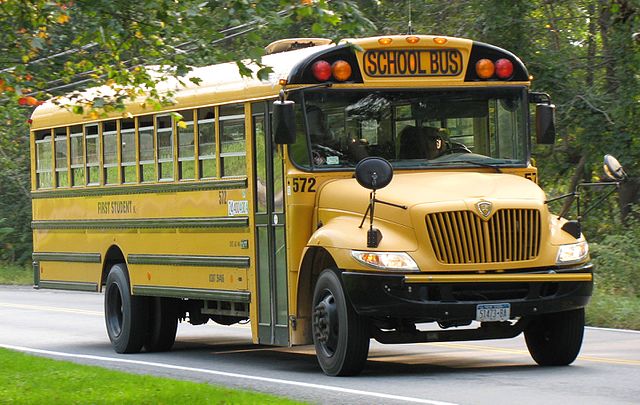Students and teachers alike express concerns over new CA bell schedule law
This school year, California high schools are implementing a later start time into their schedule. Students have expressed how the change has caused upheaval in their daily lives.

BY DELIA RANGEL
California schools recently started changing their start times due to the new state law Senate Bill 328 (SB 328), which prohibits high schools from starting any earlier than 8:30 a.m.. What sounds like a dream for any teenager has created a scheduling nightmare for many lower-income families.
Central Valley High School, a public high school located in Ceres, California, implemented these new changes for the 2022- 2023 school year. Its first period now begins at 8:30 a.m. with the sixth period ending at 3:24 p.m. Last school year, school started at 7:50 a.m. and ended at 2:44 p.m.
“My dad has to drop off me, both my brothers, and my cousin all at different schools and pick us up at different times” Central Valley senior Summer Hernandez said. “He has to take time off work to go get us all. It’s kind of horrible.”
Ceres, California is located in the Central Valley. It is a lower-class city with a majority Hispanic population. Many parents cannot afford to take time off work for pickup and drop off, forcing students to take the bus instead.
Due to a lack of resources, the bus schedule at CVHS has not changed. One bus leaves at 7:10 a.m, arriving around 7:25 a.m. This leaves students at school over an hour before school actually begins. These students are not being given the benefit of “more sleep,” as promised by this law.
“It’s classist,” Central Valley AP English Literature Teacher, Ryan Avey, put it simply.
Even for students with a ride to school, SB 328 has necessitated schedule changes. The traffic from the two surrounding elementary schools forces Central Valley High School senior Angie Medrano to reserve thirty minutes for the drive, which used to take less than eight minutes.
“It’s so bad, even if I leave five minutes later, I know I’m already late for school,” Medrano said.
Many work-aged students are suffering from this as well. With school not getting out until 3:24 p.m, they are unable to work the 3:00 p.m. shift like before. Combine this later start time with the amount of traffic trying to leave the student parking lot, and students aren’t able to clock in until 4 p.m.
This hour’s loss of pay can make a difference for students who need to work to help their families — which is the case for many.
Students with already packed schedules are feeling the impacts. Central Valley senior Xavier Valencia said he had to rush home, change and skip a meal to make it to work at 4:30.
“It’s bad for me, but I can’t imagine what it’s like for the kids who don’t have a car, whose parents can’t take them to school, and who have to work,” Medrano said. “And people wonder why low-income students are more likely to drop out.”
SB 328 took effect on July 1, 2022.






